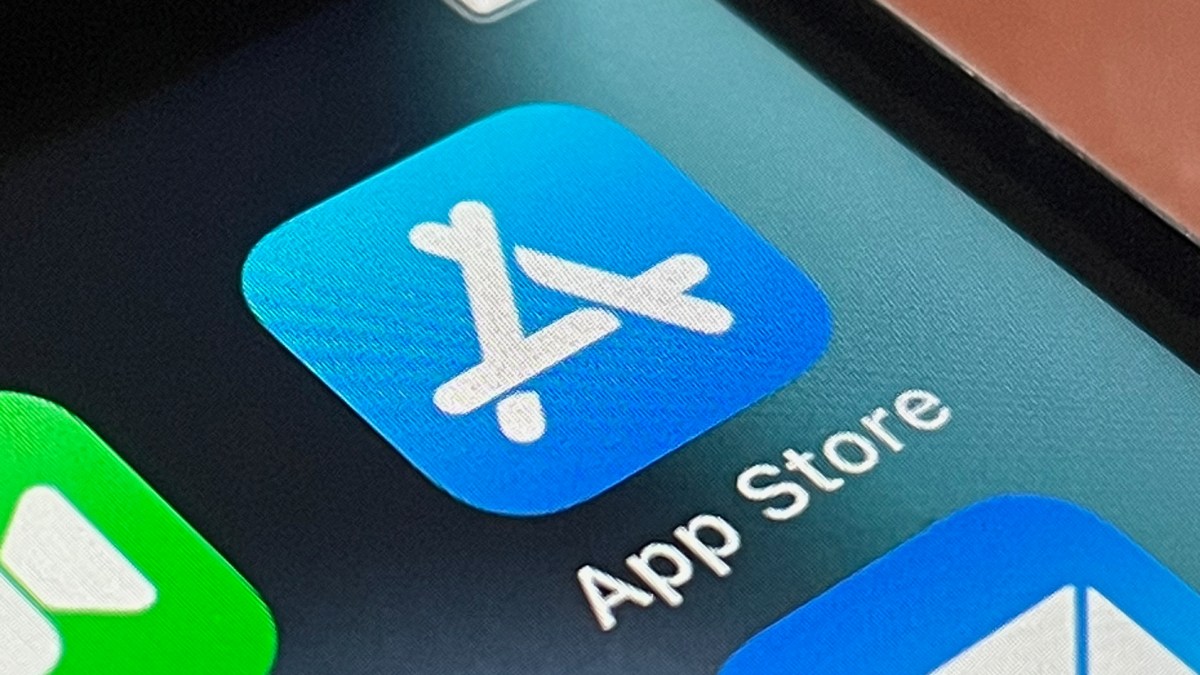Once, not long ago, booking a table at a hot new restaurant didn’t entail a midnight dash to Resy. Truly, we didn’t know how good we had it then. Hours-long lines out the door are now the norm, not the exception, in major cities from New York to Los Angeles.
One reason is that restaurants have increasingly leaned on reservations for more predictable earnings post-pandemic. The rise of TikTok and Instagram before it have meanwhile elevated dining to a cultural event. Getting into a trendy spot carries with it social clout, akin to nabbing tickets to a blockbuster Broadway show.
Evan Felcher and Mattia Ros were tired of the stress, waitlists, and the hassle that come along with modern dining. After the two friends, who’d met in college as tennis rivals, reconnected in NYC over jobs in finance (and a professed love for the city’s culinary scene), they started brainstorming ways to offer guaranteed reservations at destination restaurants.
The solution the pair arrived at, a subscription-based app called Access, is likely to stoke debate about the growing influence of the wealthy on the restaurant industry. Venues’ margins, which were never healthy to begin with, have only gotten thinner after years of punishing inflation, pushing restaurateurs to explore a vast range of alternative revenue streams.
Access charges $1,788-per-year-and-up subscription fees for reserved tables at top restaurants, only in NYC to start. The app’s cheapest tier, besides a limited-time free “guest plan,” includes up to two reservations per month, as well as a “concierge service” and curated picks.
“Access was designed to redefine the booking experience,” Felcher told TechCrunch in an interview, “giving members exclusive availability to coveted reservations.”
Access’ concept brings to mind the gray market for restaurant bookings ushered in following the pandemic. Sites like Appointment Trader allow sellers to list two-tops at prime locations like Carbone for $200-plus a pop. Restaurants have no control over the sales, which are often facilitated by bots that snap up reservations from legitimate platforms like OpenTable faster than any human can.
A bill passed by the New York legislature would ban this “reservation piracy,” as critics call it, in the state. But Governor Kathy Hochul has yet to sign it into law.
Felcher drew a contrast between Access and third-party reservation marketplaces, pitching Access not only as a diner benefit, but as a way for restaurants to exercise greater control over their booking inventory. It’s also a means of income for cash-strapped venues, he said; a portion of Access’ membership fee revenue goes directly to its restaurant partners.
 The Access app, which is only on iOS for now. Image Credits:Access
The Access app, which is only on iOS for now. Image Credits:Access“Restaurants get high-touch customer data,” he said. “Access can seamlessly pass [this] to their front-of-house employees … We partner directly with leading restaurants and hospitality groups to pre-secure tables exclusively for our customer base on a nightly basis.”
It’s somewhat of an opaque process, however.
Felcher said Access’ “customer satisfaction” algorithm ensures subscribers land reservations by taking into account inventory across the platform’s restaurant partners. But what if, say, a restaurant blows up on TikTok suddenly, and every subscriber wants a table there for the same week?
Well, customers subscribed to Access’ $3,588-per-year membership would get priority, since they have early booking and “the highest level” of access to Access-organized, hospitality-centered events. All Felcher would say besides this is, “[Our] internal mechanism ensures our customers effectively [secure] all the reservations they are promised across our various subscription tiers.”
In another move that might raise the ire of diners, Access has adopted a credit-based system that “prices” bookings dynamically. The number of credits a table “costs” on the app varies depending on the popularity of the restaurant, party size, day, and time of day. Only a certain percentage of credits roll over each month; subscribers to the costlier plans can buy credits a la carte.
“Members enjoy a seamless, stress-free booking experience, while venues regain control and are able to monetize their in-demand reservation inventory,” Felcher said.
This all might seem like a tough sell — until you consider that members of Dorsia, a rival platform, pre-pay for ~$500 guaranteed minimum spends at some of the same restaurants on Access. “With Access, there are no waitlists, awkwardly calling in favors to a friend, or being subject to rigid predetermined minimum spends — practices that very much detract from the genuine element of hospitality,” Felcher said.
Access is in beta. The platform is capping memberships at 3,000 people, and requiring prospective subscribers to apply by filling out a questionnaire. But Access is already generating $50,000 in revenue, and Felcher expects the app to reach $1 million by the end of next year.
Access has also secured a $500,000 pre-seed investment from PE firm Intium Management and the family office of former Goldman Sachs partner Ron Marks.
Marks said that he was drawn to Access by the business’ “ancillary add-on” and expansion potential. In addition to pop-up events for members, Access is exploring more personalized restaurant services, a la booking startup Blackbird, and plotting growth into nightlife venues like lounges. The company is also launching a corporate program to let teams arrange for private dining rooms, bar buyouts, and access to ticketed sports, art, entertainment, and fashion events.
 Access’ different subscription plans.Image Credits:Access
Access’ different subscription plans.Image Credits:Access“I saw right away that this new company would solve the problem of hard-to-get restaurant reservations while also benefiting the venues, as well,” Marks said in a statement. “The market is ripe for a disruptive tech app such as Access to contribute toward the elimination or reduction of the rampant and destructive emergence of reservation bots.”
Access’ challenge will be overcoming the perception that it’s simply another app to let the wealthy avoid waiting. CNN’s Nathaniel Meyersohn called it a “booming industry of advantages” — advantages that come at the cost of a worse experience for less fortunate patrons and that raise concerns about service quality and fairness for those who aren’t willing to spend top dollar.
Truth be told, Access’ business isn’t that radical. Startups like LineLeap let users pay to skip the line at bars, clubs, and concerts. Elsewhere, credit card companies like AmEx have snatched up restaurant booking apps to gate select tables behind pricey annual fees.
Felcher made the case that Access can, in fact, bridge a real gap between high-profile, sought-after venues and enthusiastic diners.
“At the end of the day, everyone has to eat, and in a market like New York City, urbanites and tourists desire the highest levels of service and experiences for leisure and business use,” he said. “Access makes it frictionless for people to land these experiences on a recurring basis without having to know the chef.”
Frictionless for people who can afford it, that is.




















 English (US) ·
English (US) ·